J.A. Seazer
出生 : 1948-10-06, Miyazaki Prefecture, Japan
略歴
Takaaki Terahara (寺原 孝明 Terahara Takaaki), known professionally as Julius Arnest "J.A." Caesar (born 6 October 1948), is a Japanese film and theater music composer. Seazer enjoyed popularity among students in Japan during the 1960s, and worked closely with director Shuji Terayama and his theater Tenjo Sajiki until Terayama's death (besides incidental music, he wrote a few full-fledged rock operas for Tenjo Sajiki, including Shintokumaru). He is a member of the theatrical company Experimental Laboratory of Theatre ◎ Universal Gravitation (演劇実験室◎万有引力 Engeki-Jikkenshitsu Ban'yū Inryoku), better known as just Ban'yū Inryoku. He gained more mainstream attention for his songs composed for the anime Revolutionary Girl Utena, and has also composed the score to the animated film adaptation of Suehiro Maruo's manga Mr. Arashi's Amazing Freak Show (also known as Midori or Shojo-tsubaki).
-- Wikipedia

Himself
The documentary to find the "true Shuji Terayama".

Himself
A documentary about Morisaki Henrik, AKA Terayama Henrik, who became Terayama Shuji's adopted little brother after his death. Henrik continued Terayama's legacy in his own way after the passing of his collaborator and brother.

Music
Based on Minoru Nagao's 1969 experimental book Illustrator: Basara ningen.

Music
A bus full of cult members gets stuck in snow. The cult has to stay in a mountain hotel. Strange things start to happen...
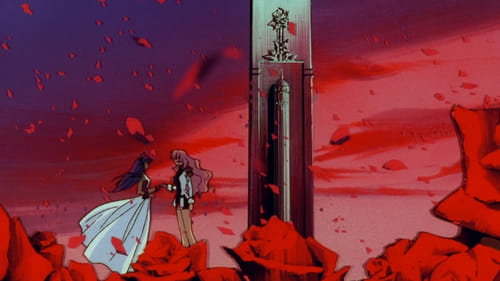
Original Music Composer
鳳学園に転校してきた男装の美少女・ウテナ。かつての恋人である冬芽と再会した彼女は、そこで彼と同じ薔薇の刻印のついた指輪を手にする。その指輪を持つ者は、"薔薇の花嫁"と呼ばれる美少女・アンシーを賭けて、決闘ゲームに参加しなくてはならない。そして、そのゲームに勝利すれば、彼女とエンゲージし"永遠があるという城"へ行くことが許されるのだ。女性であるウテナは巻き込まれるようにゲームに参加するも、生徒会副会長の西園寺、フェンシング部キャプテンの樹璃と対決し、次々と勝利を収めていく。こうしてアンシーとエンゲージすることになったウテナは、彼女を"外の世界"へ連れ出そうとする。だが、巨大な洗車ブラシに取り込まれ、自動車にされてしまうウテナ。アンシーはそんなウテナ・カーに乗り込むと、追手を振りきり閉ざされた世界からの脱出に成功するのだった。
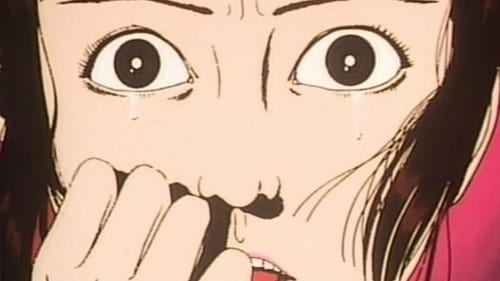
Original Music Composer
After losing her parents, young flower selling Midori is put up by a fairground group. She is abused and forced to slavery, until the arrival of an enigmatic magician of short stature, who gives her hope for a better future.
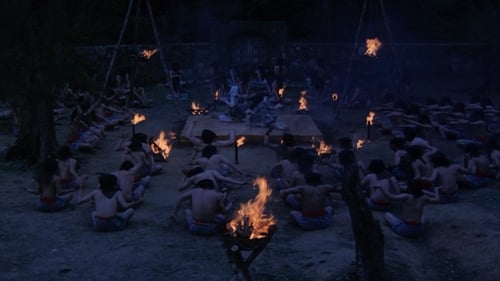
Original Music Composer
古い因襲にとらわれた小村で、いとこ同志でありながら風習を破って一緒になった捨吉とスエ。だが二人が暮らす村も、近代化の波に飲まれて変わりつつあった。

Music
This is Shuji Terayama memorial performance from 1983.
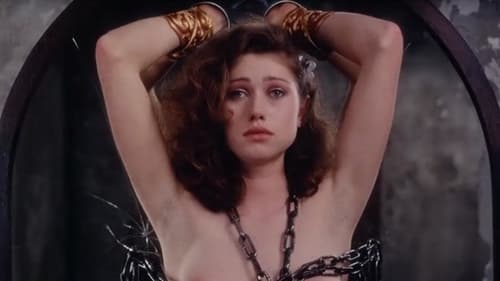
Music
A girl named O loves a rich, and much older man. She is subjected to a variety of humiliating experiences to prove her unconditional obedience to him in a chinese brothel. A poor boy sees her and falls in love with her. To get the money needed to sleep with her, he takes part in rebellious acts.

Music
Akira is haunted by a "bouncing ball" song that he remembers his mother singing when he was a small child, and now on the verge of a sexually active adulthood, he wants to find the origins of the song. The young man ostensibly wanders into a time-warp in which aspects from his childhood and adulthood mix together. In this never-never land he comes across a beautiful woman/witch who is lost inside the labyrinth of her mansion, just as the young man is lost in the labyrinth of time — and on some levels, perhaps the labyrinth of his subconscious.

Music
Stage performance by the Tenjo Sajiki troupe.

Music
Shuji Terayama and J.A.Seazer's phantasmagoric folk-psych-symph-prog-rock opera. Historical Tenjo Sajiki performance from 1978.
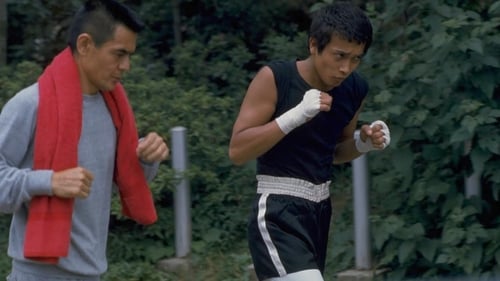
Original Music Composer
In the midst of a match, a successful boxer - Hayato, has had enough of the sport. He lets himself get knocked, quits boxing, leaving his wife and start living alone with his mangy dog. One day a young mediocre boxer knocks at the door and wants to be Hayatos apprentice.
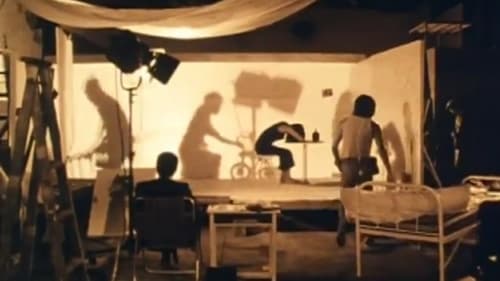
Music
As a family goes on with their day, the shadows on their walls lead a completely different life.

Music
Visions of characters by the seaside from one's memory are erased by the filmmaker's hand.

Music
Using bluescreen video techniques, Terayama playfully—and with a silent film theatricality—posits a series of postmodern vignettes featuring realities-within-realities as his protagonist attempts some kind of relationship with a nude woman on the screen-within-the-screen. In his struggles to “free” her, he exposes the absurd flimsiness, deceptiveness and mutability of both the cinema experience and our human dimension.

Music
In this Borgesian satire on knowledge and technology, bibliophilic desire leads to the construction of a pedal-powered reading machine. Resembling a combination of gymnastic contraption, printing press and early cinematic apparatus, the machine’s purpose remains ambiguous. And like this machine, Terayama’s film connects his work in poetry, motion picture and graphic design by weaving together printed and projected, still and moving images.

Music
An experimental short featuring people and nails.

Music
A group of young men go treasure hunting in the sea.
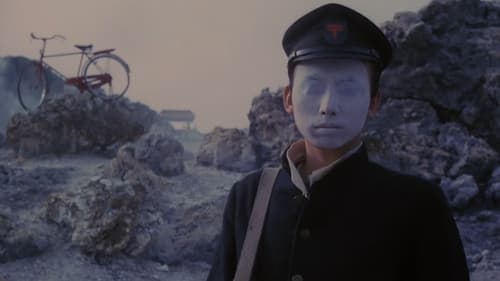
Original Music Composer
A young boys' coming of age tale set in a strange, carnivalesque village becomes the recreation of a memory that the director has twenty years later.

Tengu Kurama
A young boys' coming of age tale set in a strange, carnivalesque village becomes the recreation of a memory that the director has twenty years later.

Music
Originally made for the 100 Feet Film Festival hosted by Image Forum. However, to test the limits, Terayama Shūji willfully made use of 3 projectors to project 300 feet of film at the same time.

Music
An insight into the lecture "How to rule the others" given by Mr. Slobodan Cirkovic 'Roko', a well-known Yugoslav experimentalist on telepathy and hypnosis.
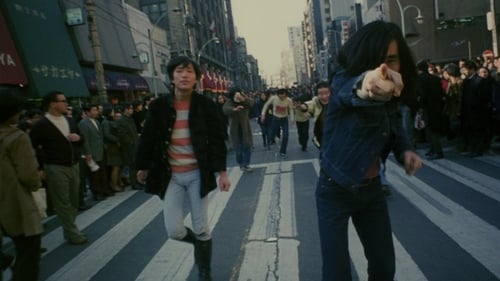
Longhaired Poet
万引き常習犯の祖母、戦争犯罪人の父、ウサギを偏愛する妹。駄目な家庭に育ち、いつも家出を考えている“私”と恵まれた環境に身を置く“彼”。行き場のない鬱屈とした情熱を持て余した“私”は奇妙な人々と出会い、幻想と回想の入り混じった街を放浪する。

Music
万引き常習犯の祖母、戦争犯罪人の父、ウサギを偏愛する妹。駄目な家庭に育ち、いつも家出を考えている“私”と恵まれた環境に身を置く“彼”。行き場のない鬱屈とした情熱を持て余した“私”は奇妙な人々と出会い、幻想と回想の入り混じった街を放浪する。
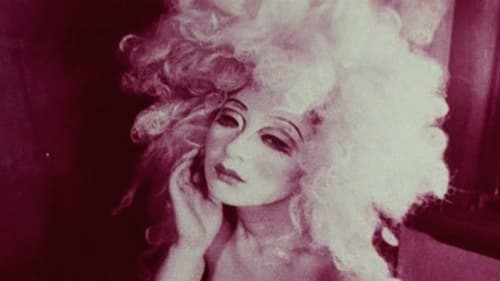
Music
In a Japanese colony, children overthrow their parental guardians and attempt to form a new society. Their plan spirals out of control and they are soon lost in a web of sexual deviation and violence.

Original Music Composer
Finished shooting in 1962, the movie’s cast was almost the same as its crew. With a bunch of experimental symbols such as skinny human body, clock and goat flow from one scene to another, the film explores the question of whether a man is a prisoner of time.











